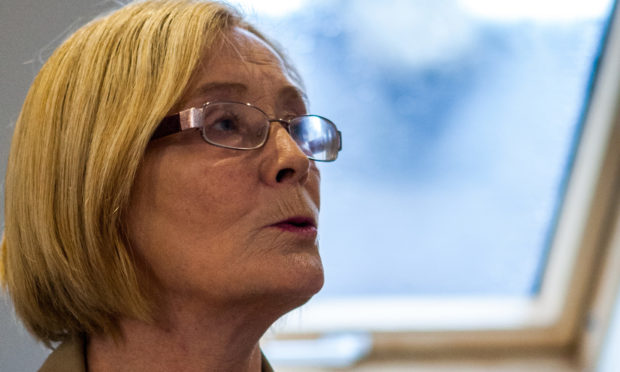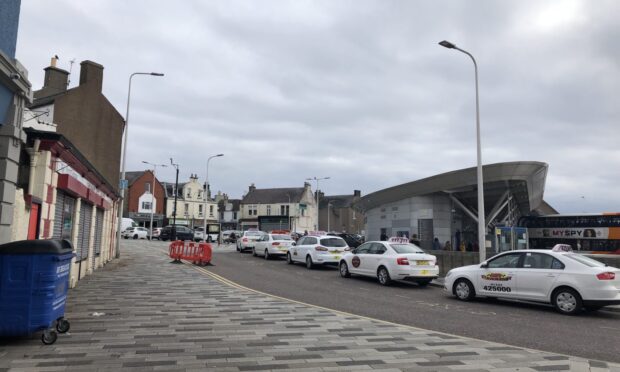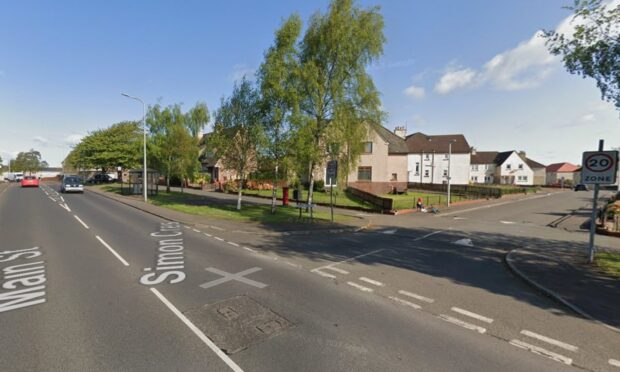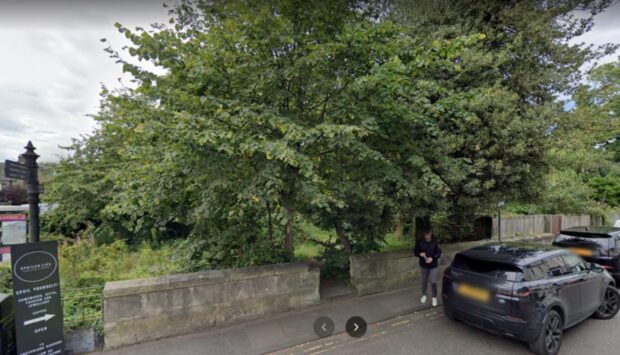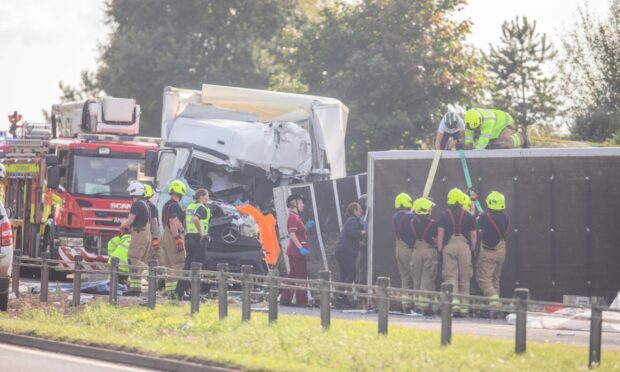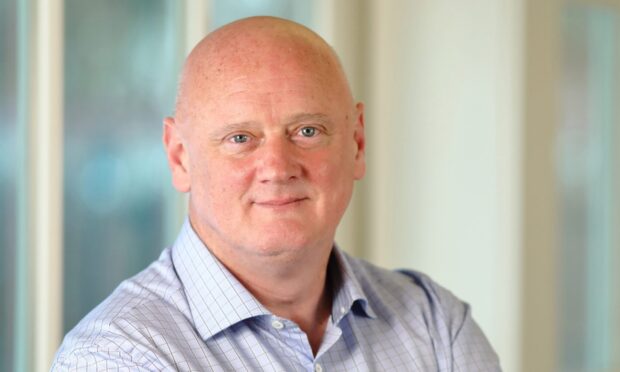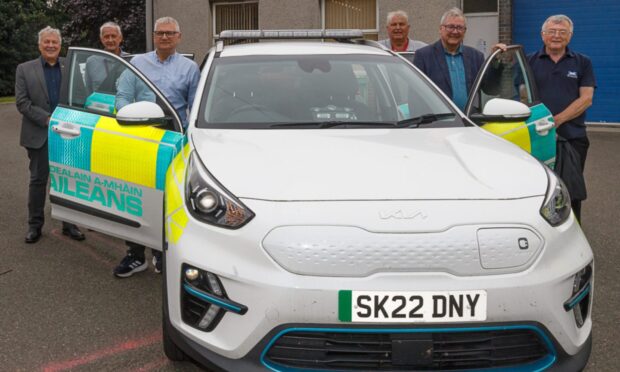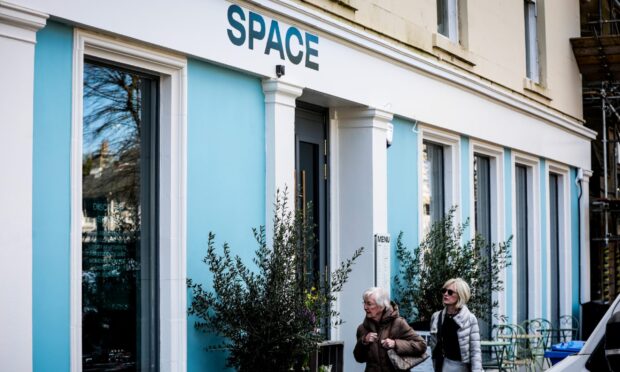2018 marks the 100th anniversary of the success of the Suffragette movement, when we remember the brave and inspirational women who joined together to successfully challenge discrimination.
So it seems fitting that I use this week’s column to break some welcome news.
The Fife Centre for Equalities has been awarded £5,000 by the Scottish Government Vote Centenary Grant Scheme to run a new nine-month programme to tackle the under-representation of disabled, minority ethnic or transgender women as voters, political activists and representatives in Fife.
The Fife Women and Inclusion in Politics campaign will raise awareness of the struggle for equal voting rights and celebrate the successes of the unsung heroines who have overcome barriers to make hugely important contributions to politics and public life.
Fife has blessed when it comes to women leading the way and leading by example.
As someone frequently surrounded by women, namely a wife and two little girls at home and outnumbered five to one in the Fife office, I’m hardly going to say anything else.
But it is heartening to look back over more recent years to see how women in Fife have blazed a trail.
In education, Louise Richardson was St Andrews University’s first female principal, succeeded by the second in Sally Mapstone,
Ten years ago, Fife Police appointed its first ever female chief constable, Norma Graham, while the last decade in Fife politics – both locally and nationally – has seen women at the very forefront.
Tricia Marwick was the first female presiding officer at Holyrood and is still influencing public life as chairwoman of NHS Fife; many Fife Council services – such as education – are headed up by women; Frances Melville was Fife’s first female provost and Julie Ford is the current depute provost; Lesley Laird has just become deputy Scottish Labour leader….
And that’s without even mentioning the area’s female MSPs who have been given a voice and aren’t afraid to use it.
Despite all that, the fact we’re still talking about the gender issue – and need programmes like the one pursued by the Fife Centre for Equalities— means society still has a long way to go.
We need to get to a stage where milestones are viewed as normal, where every woman, regardless of age, ethnicity, disability, religion or sexual orientation, is able to enjoy equal access to opportunities and to lead a fulfilling life without fear of harm.
That way every woman’s voice will be heard. And that’s the way it should be.
